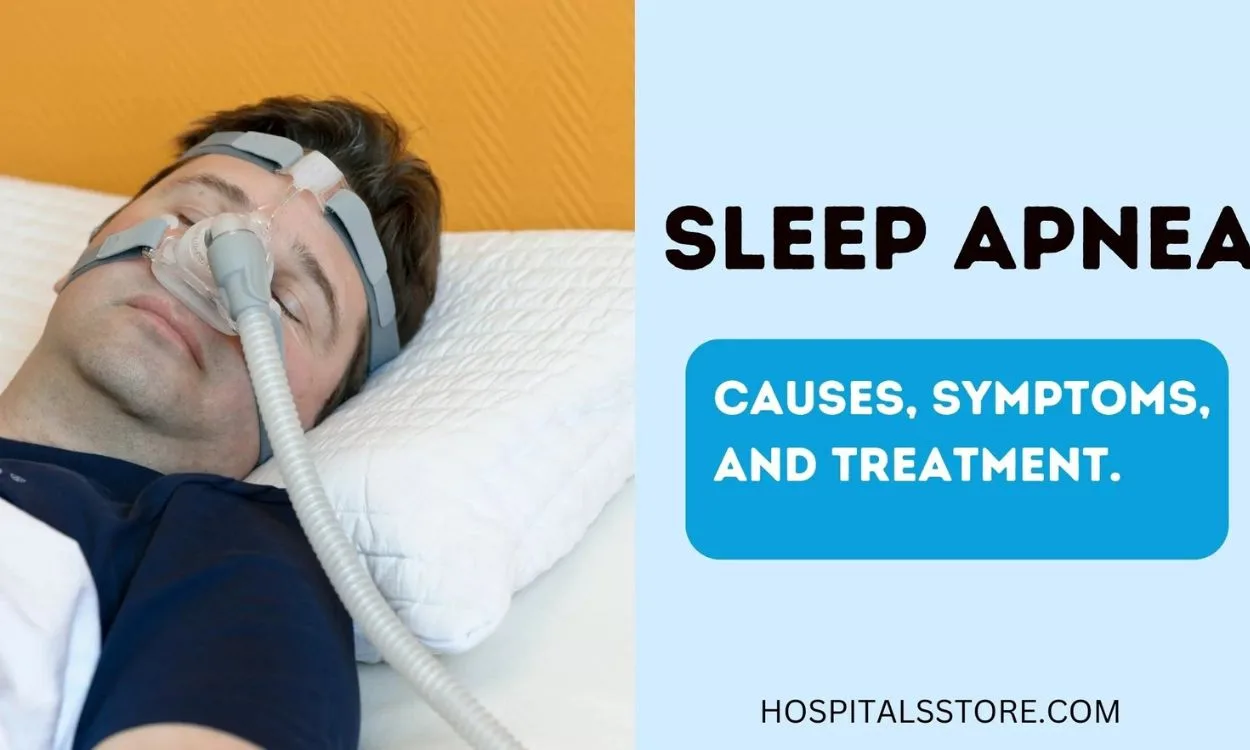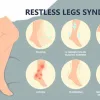What are the causes and treatment options for sleep apnea?
Sleep apnea is a common sleep disorder that affects a significant number of people in India. It is characterized by pauses in breathing or shallow breaths during sleep. These pauses can occur multiple times throughout the night, leading to poor sleep quality and various health issues. In this article, we will explore the causes and treatment options for sleep apnea.
Causes of Sleep Apnea
- Obesity: Excess weight and obesity are significant risk factors for sleep apnea. The accumulation of fat in the upper airway can obstruct the flow of air during sleep.
- Narrow Airway: Some individuals naturally have a narrower airway, which increases the likelihood of breathing difficulties during sleep.
- Age: Sleep apnea becomes more common as people age. The loss of muscle tone in the throat and tongue contributes to airway obstruction.
- Family History: There is evidence to suggest a genetic component to sleep apnea. If family members have been diagnosed with sleep apnea, there is a higher chance of developing the condition.
- Alcohol and Sedative Use: The consumption of alcohol and sedatives can relax the muscles in the throat, leading to airway obstruction.
- Smoking: Smoking is a known risk factor for sleep apnea. The chemicals in tobacco smoke can cause inflammation and swelling in the airway, making it more prone to obstruction.
Treatment Options for Sleep Apnea
- Lifestyle Changes: Making certain lifestyle modifications can help manage sleep apnea effectively. These include:
- Weight Loss: If obesity is a contributing factor, losing weight can significantly improve symptoms.
- Regular Exercise: Engaging in regular physical activity can help strengthen the muscles in the airway and promote better breathing during sleep.
- Avoiding Alcohol and Sedatives: Limiting or avoiding the use of alcohol and sedatives can reduce muscle relaxation in the throat, improving airflow.
- Continuous Positive Airway Pressure (CPAP): CPAP is a commonly used treatment for sleep apnea. It involves wearing a mask over the nose or mouth during sleep, which delivers a constant stream of air pressure to keep the airway open.
- Oral Appliances: Oral appliances are devices that help reposition the jaw and tongue to keep the airway open during sleep. These devices are usually custom-fitted by a dentist specializing in sleep apnea treatment.
- Surgery: In some cases, surgery may be recommended to correct structural issues in the airway. This can involve removing excess tissue, repositioning the jaw, or repairing abnormalities that contribute to airway obstruction.
- Positional Therapy: For individuals whose sleep apnea is primarily positional (worsens when sleeping on the back), positional therapy techniques such as using special pillows or wearing backpacks with tennis balls can help train the body to sleep on the side.
- Alternative Therapies: Some alternative therapies, such as acupuncture or playing certain musical instruments like the didgeridoo, have shown promise in improving symptoms of sleep apnea, although more research is needed to establish their effectiveness.
Now that we have explored the causes and treatment options for sleep apnea, it is essential to prioritize your health and seek professional help if you suspect you may have sleep apnea. If you are looking for a comprehensive health and fitness solution, consider downloading the Fitpaa app.
The Fitpaa app provides personalized health and fitness plans, including guidance on sleep quality improvement. With features like real-time guidance, habit building, and expert consultations, Fitpaa can help you achieve your health goals and improve your overall well-being. Don’t wait any longer, download the Fitpaa app today and take the first step towards a healthier and happier life!
Remember, your well-being is our mission at Fitpaa, and we are here to support you on your journey to better health.









